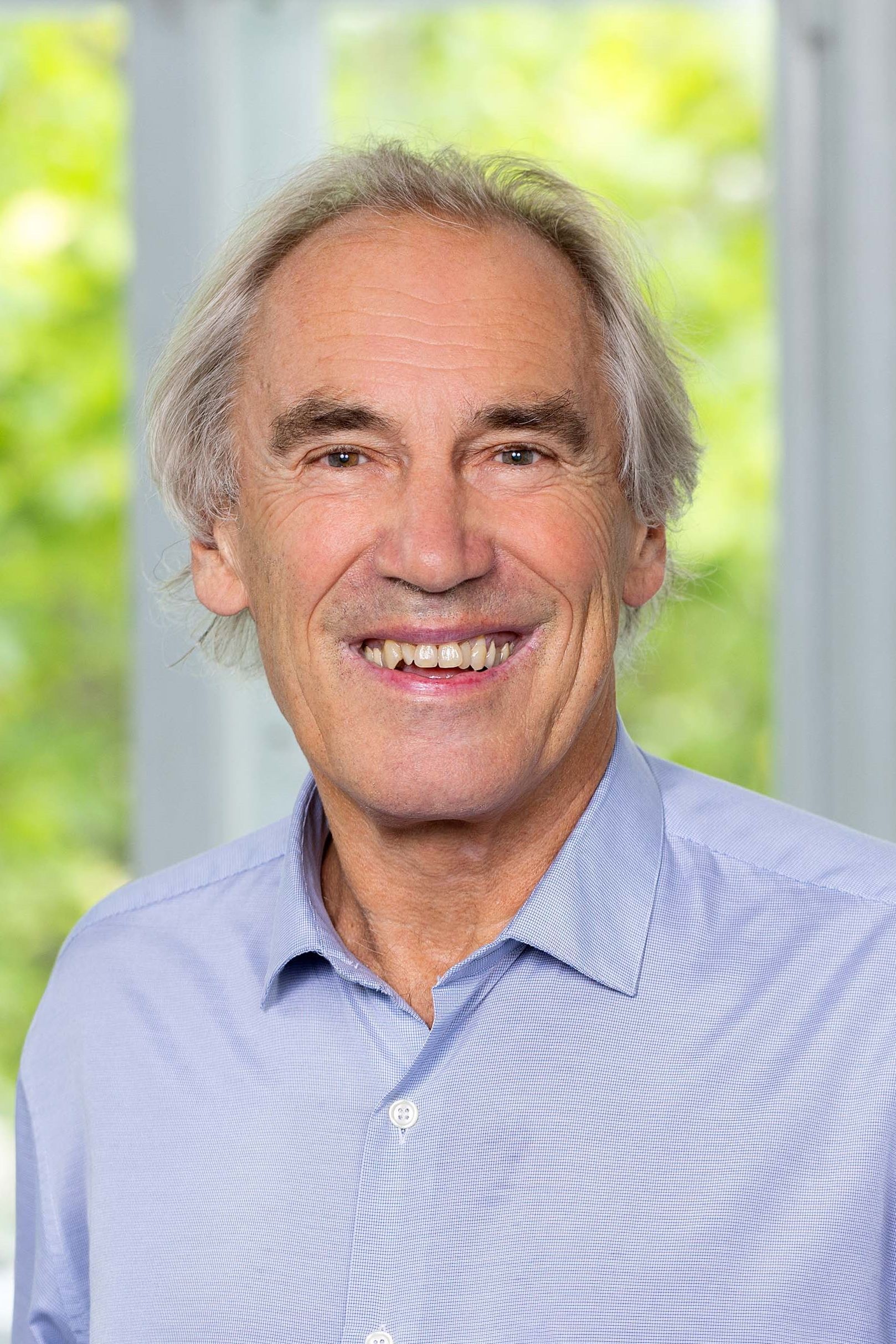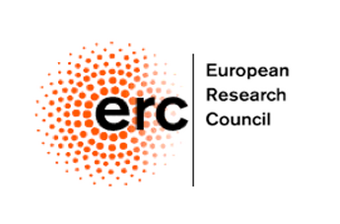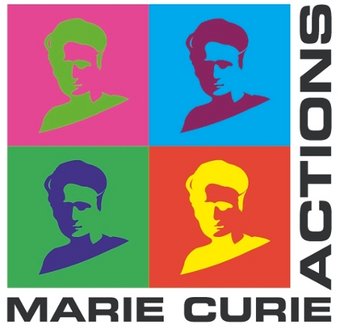The "Genes and Disease" Group is dually affiliated with the Department of Laboratory Medicine and Department of Dermatology. The entire laboratory is almost exclusively funded by the ERC-AdG 2016 CSI-Fun-741888 , an ITN/EU PhD network grant (H2020-MSCA-ITN-2019-859860 - CANCERPREV) and a sponsored research agreement with Acceleron Pharma.
Erwin F. Wagner, PhD

Group leader
Univ.-Prof.
Medical University of Vienna,
Department of Laboratory Medicine, KILM
Anna Spiegel Research Building
Lazarettgasse 14, AKH BT25.2, Level 6
1090 Vienna, Austria
ORCID:0000-0001-7872-0196
Erwin Wagner born November 25th, 1950 in Wolfsberg, Carinthia, Austria obtained his Dipl.Ing. in Biochemistry at the Technical University Graz, Austria and his PhD in Genetics Berlin and Graz in 1978. From 1979-1983 he was postdoctoral fellow at Fox Chase Cancer Centre, Philadelphia with a Max Kade Fellowship, then Group Leader from 1983-1988 at EMBL, Heidelberg. From 1988-2008 he was a founding member of the IMP, Senior Scientist/Deputy Director in Vienna, Austria and became Univ. Prof. at the Univ. of Vienna in 1994. From 2008-2018 he was Vice Director/Director of the Cancer Cell Biology Program at CNIO in Madrid, Spain. January 2019 he became Group Leader at the Department of Dermatology and Department of Laboratory Medicine (KILM) at the Medical Univ. in Vienna.
Know-how and research interests
Our studies aim to analyze gene function in healthy and pathological conditions, e.g. in tumor development, using the mouse as a model organism, but also employing patient-derived samples. Our overall strategic goals are to achieve a better understanding of the events leading to disease and to discover molecular mechanisms that could provide a basis for novel therapies. We investigate how a healthy organ functions within a complex organism focusing on the liver, skin and bone, but we also study inflammation, fibrosis, metabolism, tumorigenesis and cancer cachexia.
Our research covers multiple aspects of cell biology, ranging from stem cells, tumor cell interactions with host cells/environment such as tumor-associated macrophages and fibroblasts. Powerful state-of-the-art mouse genetic models, human cellular systems, high-throughput genomic/proteomic and biochemical tools as well as patient-derived materials are employed. For example, genes encoding for the transcription factor complex AP-1 (Fos/Jun) were manipulated in mouse models to study diseases such as psoriasis, systemic fibrosis, arthritis, hepatocellular carcinoma and osteosarcoma.
The aim is to define molecular pathways leading to disease development and to identify novel therapeutic targets.
We focus on
- Elucidating a causal link between inflammation, cancer and AP-1 (Fos/Jun) expression, using cell type-specific, switchable genetically engineered mouse models (GEMMs).
- Developing and characterizing new GEMMs for cancer and human diseases, such as psoriasis, arthritis and fibrosis, and applying these to preclinical studies.
- Using multiple approaches to compare mouse models of disease to human disease and to identify therapeutically relevant targets.
new publication
A new paper from our lab just came out:
A sex-specific anti-inflammatory role for p62 in psoriasis-like disease


